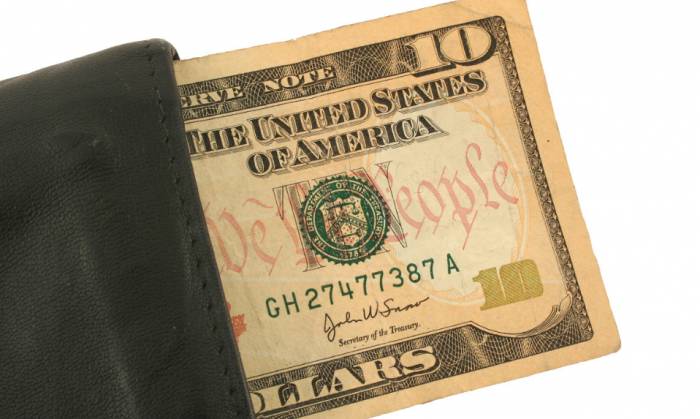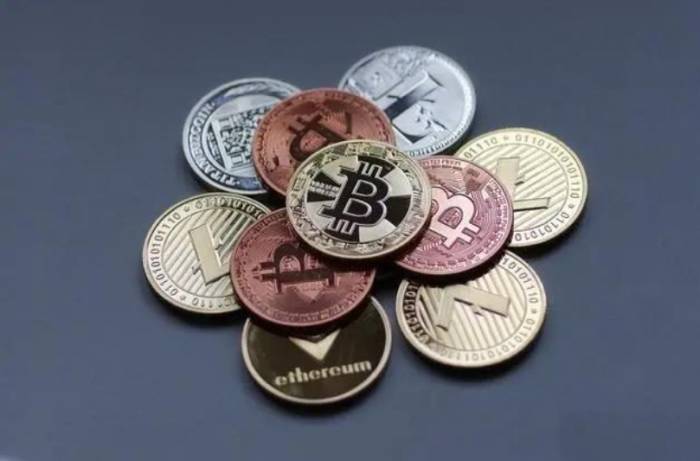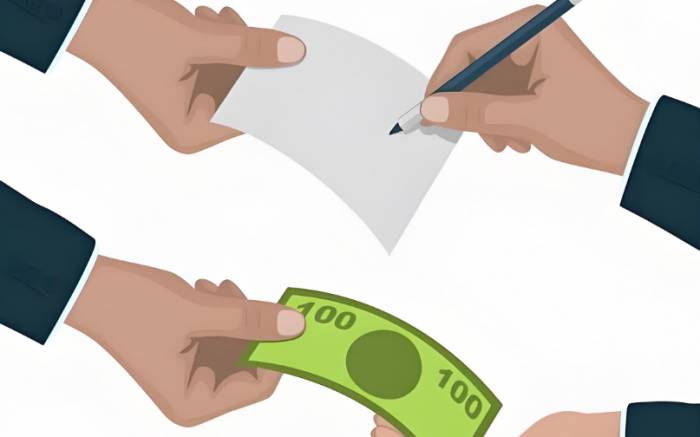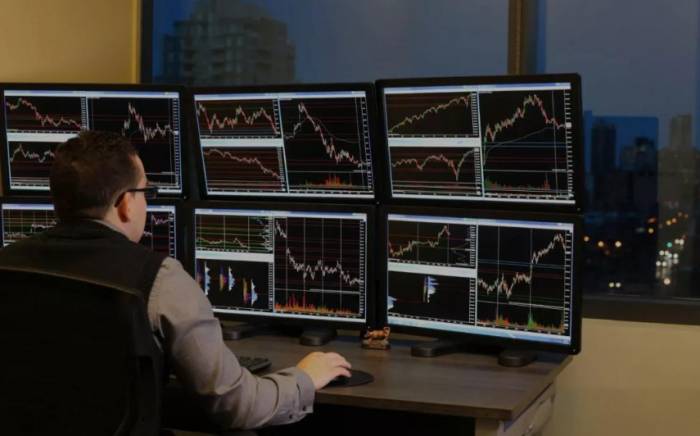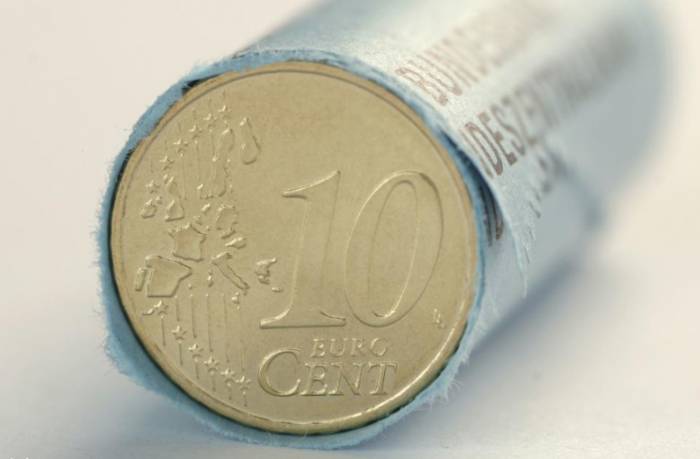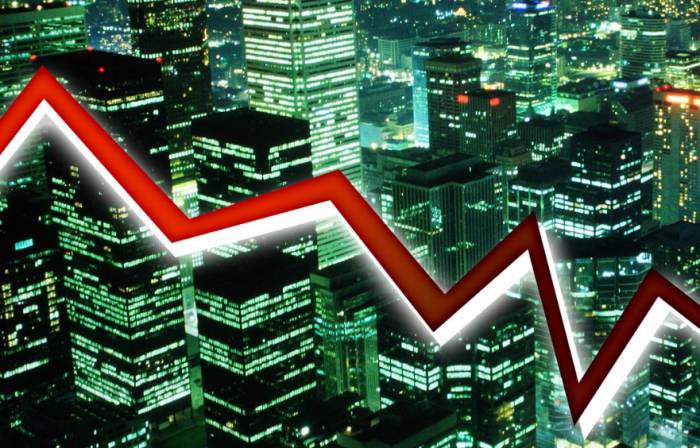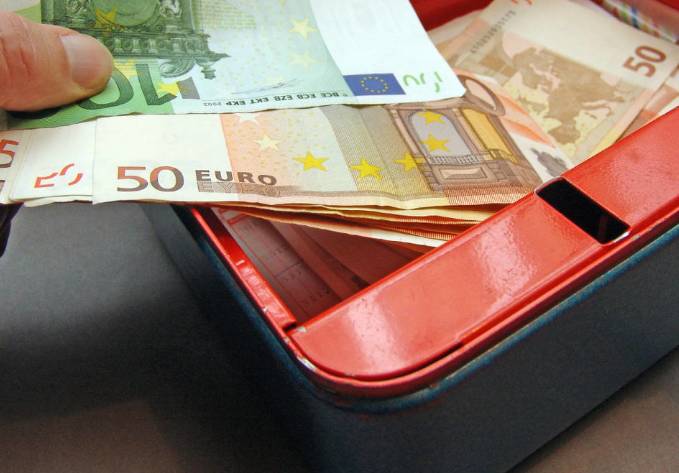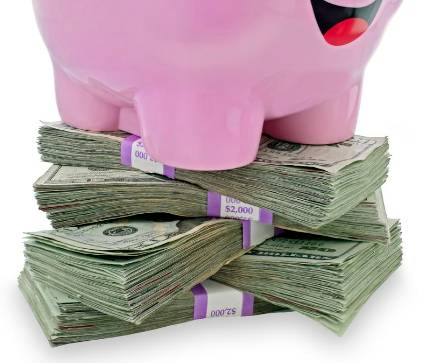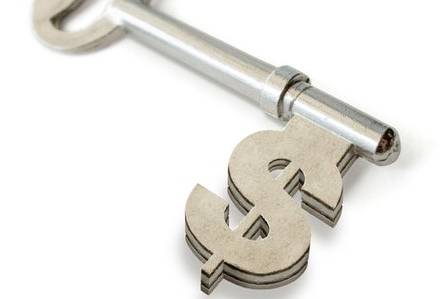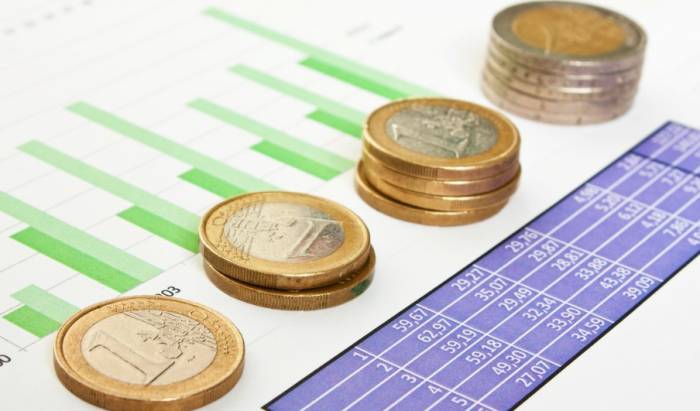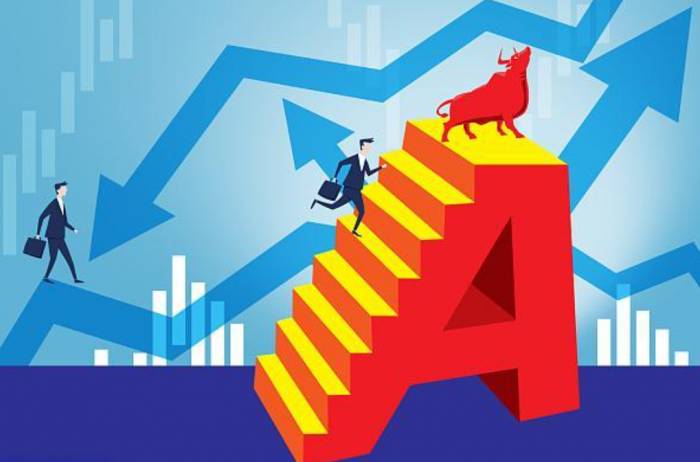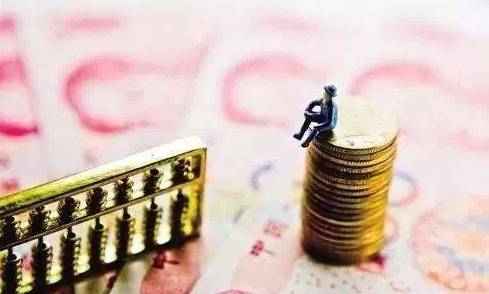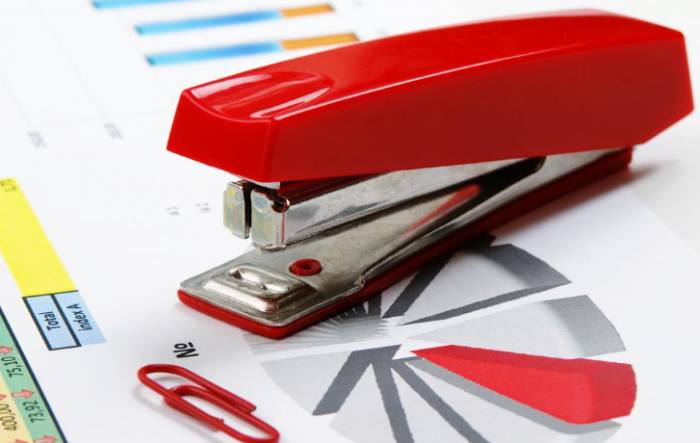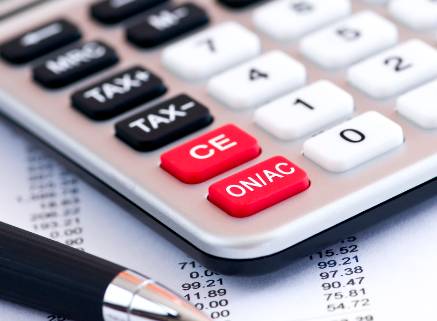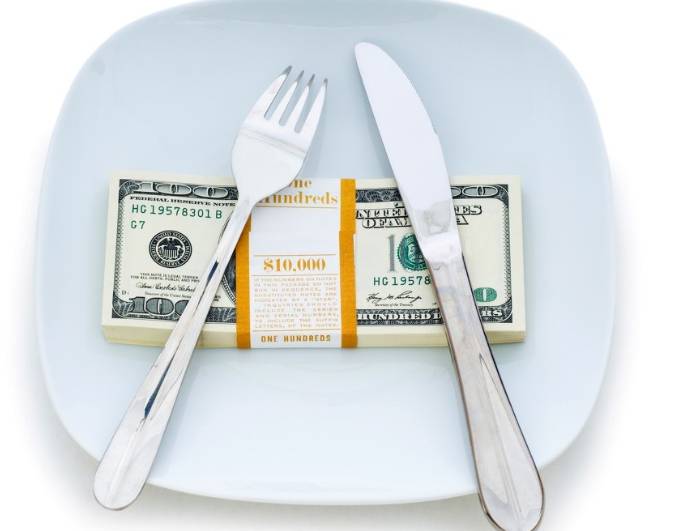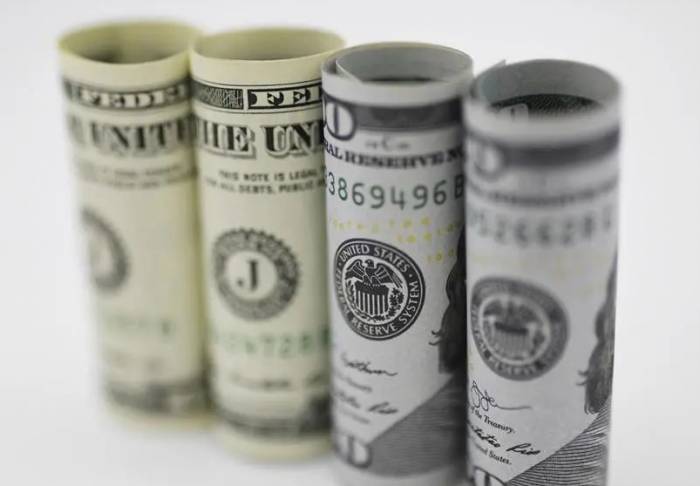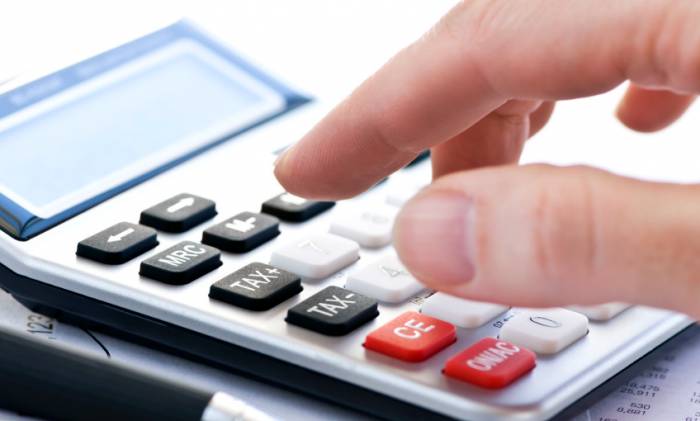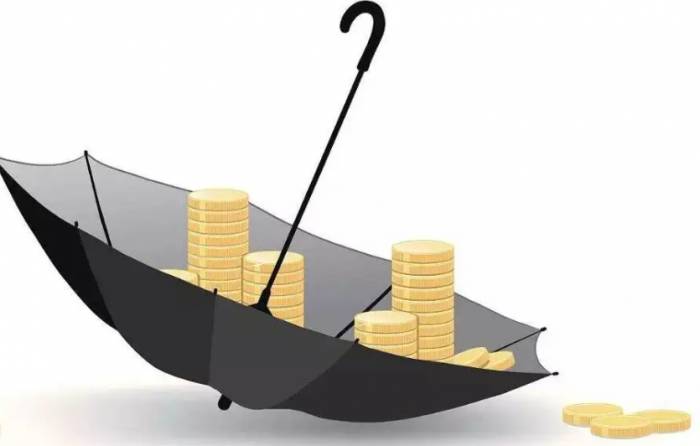Day trading is, in my opinion, the most challenging of all trading styles because it is fast-paced, with emotions fluctuating rapidly and a significant test of human nature. In the early days of my trading, I also enjoyed day trading because the holding period is short, and the results can be known quickly, which is quite exhilarating. Sometimes I would be glued to the computer all day, watching the flickering candlestick charts, feeling as excited as if I had been injected with adrenaline.
However, if you have seen trading competitions, such as futures live trading contests, you will know that day trading is the most popular but has the fewest profitable participants, especially when it comes to the ability to make a stable profit over the long term, which is essentially non-existent. Why is that? Let me analyze it.
1. Day traders often suffer from recency bias and do not focus on risk control.
Day trading, by definition, is about making profits in a very short period of time. But what happens after making a profit? Will they stop? No, the trading continues incessantly. A trading strategy cannot be profitable all the time; it will inevitably encounter market conditions that do not suit it and will definitely face a certain amount of consecutive losses.
A common mistake made by many day traders is that after making money in a recent period, they start to believe their trading strategy is invincible and begin to get carried away. Then they encounter a market with consecutive losses, or even consecutive margin calls, which feels very painful. However, they do not know how to explain the failure of their strategy, which is the so-called "recency bias."
Moreover, when I was losing consecutively in day trading, I was absolutely unwilling to tell others about it. When I was profitable, I wanted everyone to know, but when I was losing, I didn't want to talk about it at all. As a result, many people who claim to be profitable in day trading emerge in the market. If you ask them to show their long-term trading records, there are basically not many who are willing to do so.
That is why I always emphasize that whether you are trading short-term, medium-term, or long-term, you must engrave risk control in your bones. Only by ensuring that you do not lose money in the market first can you have the opportunity to pursue a break-even balance.
If you do not practice risk control, when you encounter a bearish market, you may suffer consecutive losses until you experience a margin call. You will then feel that your strategy has failed and start changing indicators, periods, and parameters. The more you change, the more you lose, completely losing the consistency of trading. This is the chain reaction brought about by recency bias and the lack of risk control.
Medium and long-term traders are slightly better off, as they pay more attention to the integrity of their trading. The pace of day trading is just too fast, which can easily make people lose themselves in the gains and losses of every single trade, making it difficult to extricate themselves.
2. Day trading can easily lead to emotional overexcitement and loss of control.We also mentioned earlier that the pace of short-term trading is very fast, and it requires a lot of time for us traders to watch the market closely. When your eyes are fixed on those flickering candlestick lines, your mental state will be highly tense.
With the rapid frequency of trading, coupled with frequent changes in profits and losses, you are very likely to get carried away by substantial gains or losses. When you lose, you want to win back quickly; when you make a lot of profit, you want to earn even more. These emotions of greed and fear will alternate repeatedly, leading you to start chasing trends, selling at the top, and buying at the bottom. You begin to gamble on the market, add positions, and all sorts of fancy maneuvers in trading come into play, ultimately leading to serious consequences.
This is also why I later gave up on short-term trading altogether because I felt it was hard to resist the powerful nature of human emotions. I would rather choose a more moderate way of trading, after all, making money is the most important thing.
Later, I started doing swing and medium-term trading, sometimes holding an order for several days or even weeks, gradually smoothing out my temperament. Gradually, the impact of market fluctuations on my emotions became less significant. At the same time, the frequency of trading decreased, and I had the energy to do other things, maintaining a certain distance from the market, and my emotions became more stable, creating a virtuous cycle.
Many people also have a misconception that short-term trading brings money faster than medium or long-term trading, but this is actually a fallacy.
Short-term trading is just fast-paced and frequent, but everyone's capital is limited. For short-term trades, the amount per transaction will be less, and in terms of capital utilization, it is actually the same. Secondly, many people's purpose for short-term trading is not to accumulate profits slowly but to seek quick and huge profits, such as wanting to make a 10-fold or even 100-fold profit with just 1000 dollars. People with this mindset are just satisfying their gambling addiction, not seriously trading.
3. If you really want to do short-term trading, I have a few suggestions:
First, control your position size and trade lightly, using a position ratio that you feel is less stressful. This way, even if there are losses in the trade, your psychological fluctuations will be small, and your emotions will not get out of control, allowing you to continue executing your strategy.
Second, you must control the frequency of trading. Short-term trading does not mean frequent trading. Frequent trading is mostly to satisfy one's own "addiction" to trading. Do not let your desires control you; a thousand-mile dike may be destroyed by an ant hole. Trading 3 to 5 times a day is a relatively appropriate frequency, and do not do more.
Third, you need to seriously examine your own character flaws. For example, if you are naturally slow, not quick to react, or have very poor self-discipline and are easily led astray by your desires, you are actually not suitable for short-term trading. Short-term trading still requires traders to have a decisive character, to quickly make judgments on the market, and to stick to their trading plans. If you do not possess these qualities, you may need to consider changing your trading model.
